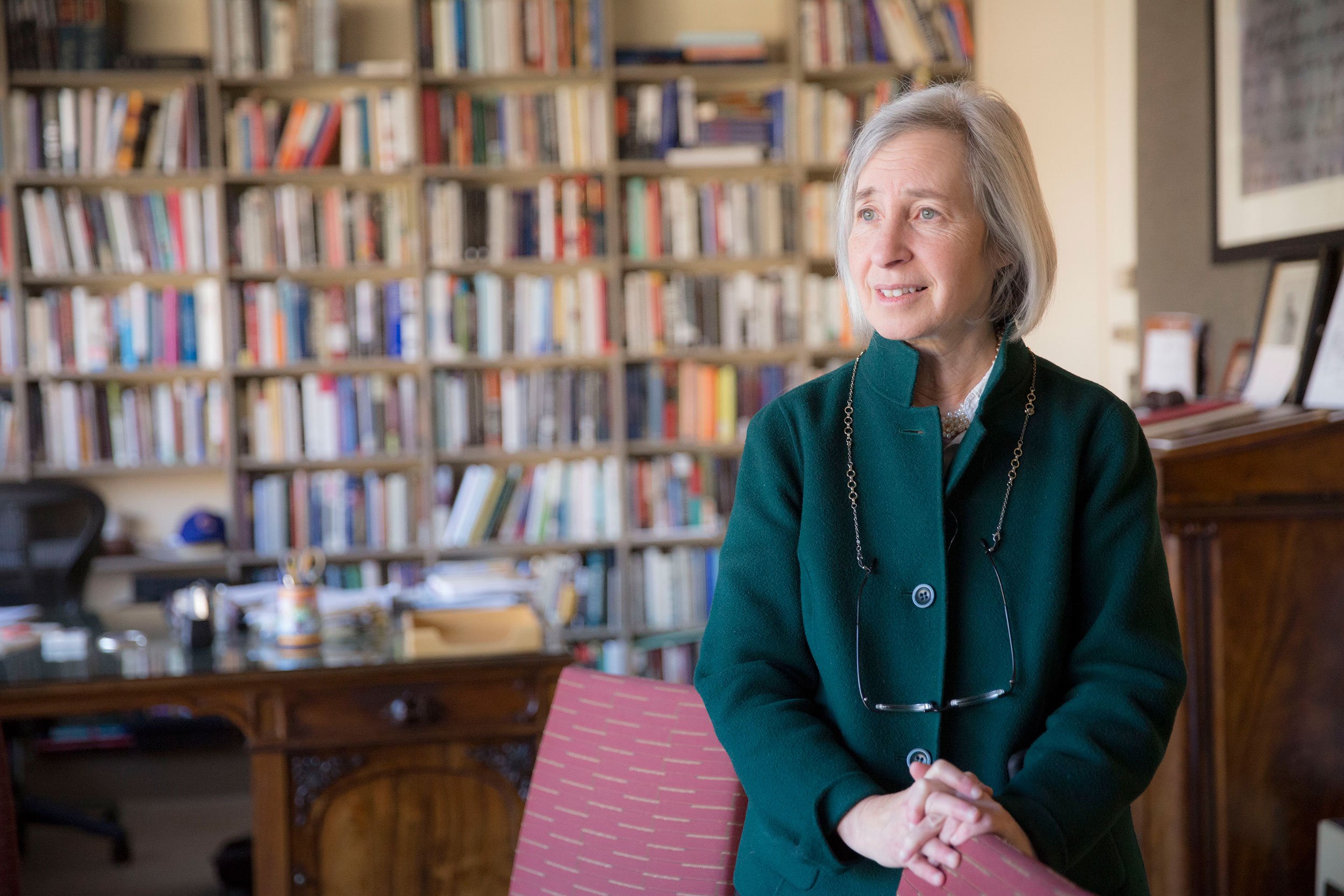

The mainstream news industry has been in sharp decline since the 1990s, owing to a series of financial and cultural changes brought by the rise of the internet. Amid the closing or shrinking of newspapers, magazines, and other legacy news outlets, Americans have increasingly turned to social media and heavily partisan websites and cable networks as their main sources of news and information, which has led to a proliferation of disinformation and misinformation and fueled polarization.
Given the vital role a free and responsible press plays in American democracy and the unique protections the Constitution provides for it under the First Amendment, is it time for the government to get involved? Is it government’s place to do so? And how could that happen without infringing on that freedom?
In a new book, “Saving the News: Why the Constitution Calls for Government Action to Preserve Freedom of Speech” (Oxford University Press, 2021), Martha Minow, 300th Anniversary University Professor at Harvard Law School, says the First Amendment not only does not preclude the federal government from protecting a free press in jeopardy, it requires that it do so. Minow spoke with the Gazette about some of the ways to potentially clean up social media and bankroll local news, and why arguing on Twitter isn’t a First Amendment right.
GAZETTE: There seems to be broad misunderstanding about what speech is protected by the First Amendment and what is not. Underlying “cancel culture” and complaints about “deplatforming” is a belief that people should not be penalized for saying things online that others find objectionable or that are inaccurate or even false because of their right to freely express themselves. Can you clarify how the First Amendment applies and doesn’t apply to social media platforms, like Twitter or Facebook, and online generally?



Experts say tension between trade, green-tech policies hampers climate change advances; more targeted response needed

New book by Nieman Fellow explores pain, frustration in efforts to help loved ones break free of hold of conspiracy theorists